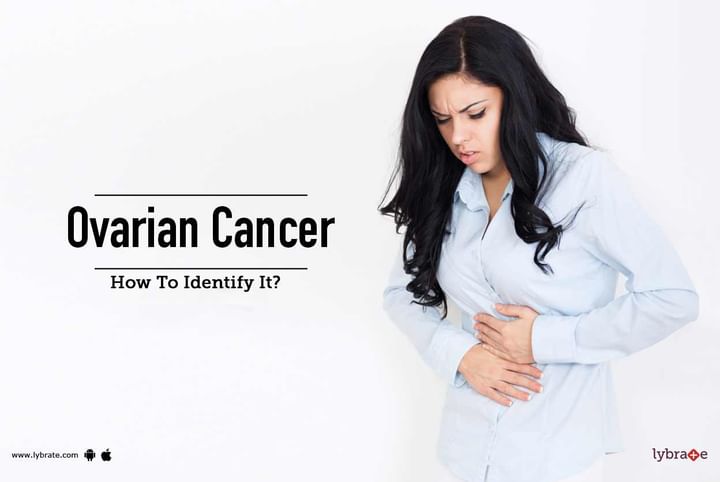Ovarian Cancer - How To Identify It?
Ovarian Cancer, as the name suggests, is cancer that affects the ovaries. It leads to the abnormal growth of cells, which eventually spreads over to other parts of a woman’s body, such as the stomach, uterus and vagina. The risk of ovarian cancer is greater in women who have experienced the process of ovulation many times in their lifetime. It also includes those women who attain menopause at a much later stage in their lives or those who start ovulation at an early age. The different types of tumors, which develop in ovarian cells are more often than not, benign or non-cancerous and do not spread beyond the ovaries.
Therefore, they can be easily treated by either removing a part or the whole of the ovary. But malign tumors have the ability to spread to other parts of the body and can prove to be fatal.
What are the causes of ovarian cancer
1. Family History: If someone in your close relation like mother, sister or daughter has developed ovarian cancer, then the risk of becoming susceptible to the disease also increases. If any of your close relatives have developed the disease earlier at a young age, then it’s quite likely that it was due to some inherited faulty gene. BCRA1 and BCRA2 are known to be the faulty genes that are connected to ovarian cancer.
2. Age: You become more susceptible to developing ovarian cancer at a postmenopausal stage.
3. Hormone Replacement Therapy (HRT): Women who go for hormone replacement therapy put themselves at a greater risk of developing the disease. Nevertheless, if you stop undergoing the sessions of HRT, your risk of suffering from this fatal condition eventually decreases.
4. Obesity/overweight: This is also one of the important factors behind the increased risks of developing ovarian cancer. So, the more obese you are, greater is the risk involved.
What are the symptoms associated with ovarian cancer?
1. Symptoms at an initial stage include pelvic or abdominal pain, postmenopausal vaginal bleeding or irregular menstruation.
2. Loss of appetite or feeling full quickly
3. Other typical symptoms are diarrhea, constipation, nausea or changes in bowel movements.
4. Feeling of mass pressure at your lower back or pelvis
Treatment available for it
Treatment for ovarian cancer generally consists of a combination of surgery and chemotherapy:
1. Surgery: Treatment usually entails removal of the ovaries, uterus and fallopian tubes, including the surrounding lymph nodes as well as the fatty abdominal tissue, which often gets affected with ovarian cancer. This surgery may help you to retain the ability to conceive.
2. Chemotherapy: Chemotherapy is a procedure that follows surgery and is performed to destroy the remaining cancer cells, if any. Chemotherapy drugs are either inserted into your vein or directly into the abdominal cavity and if need be, into both.



+1.svg)
